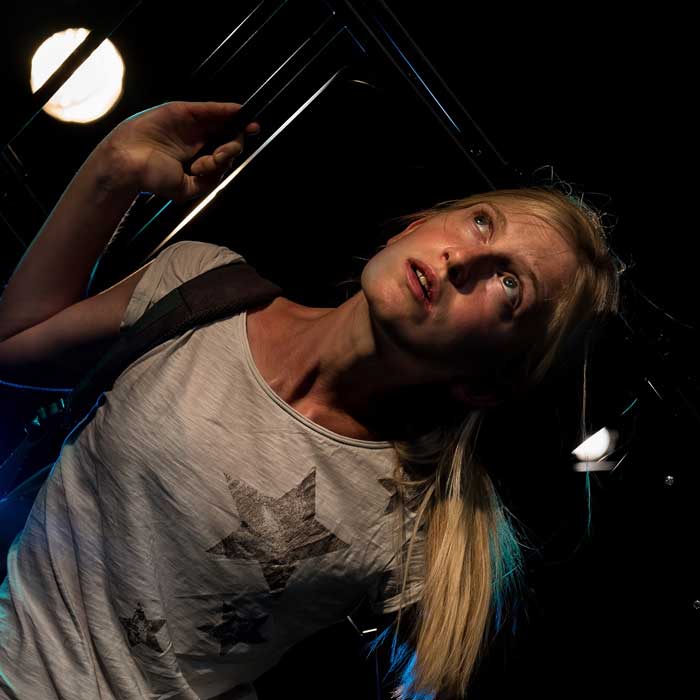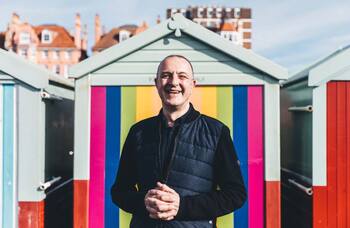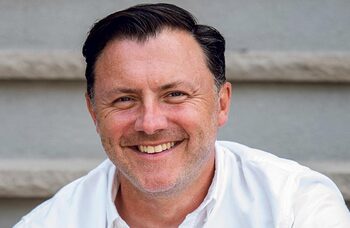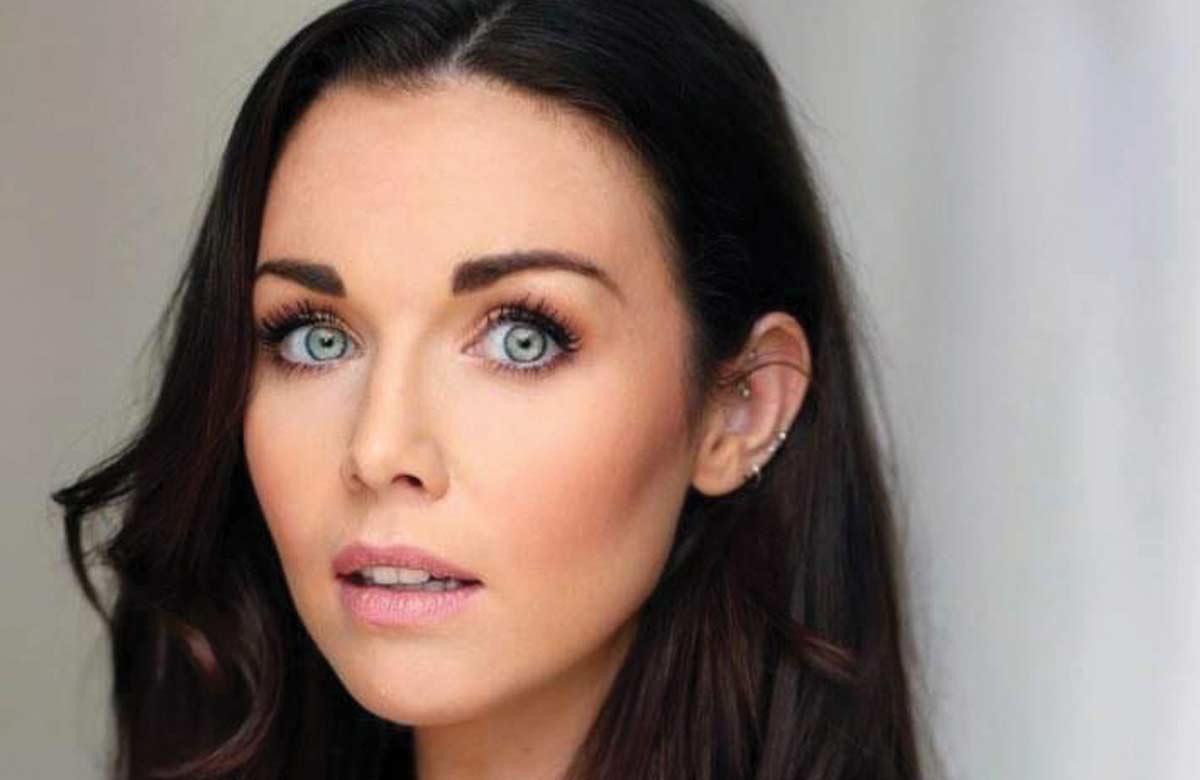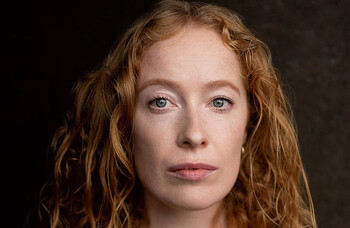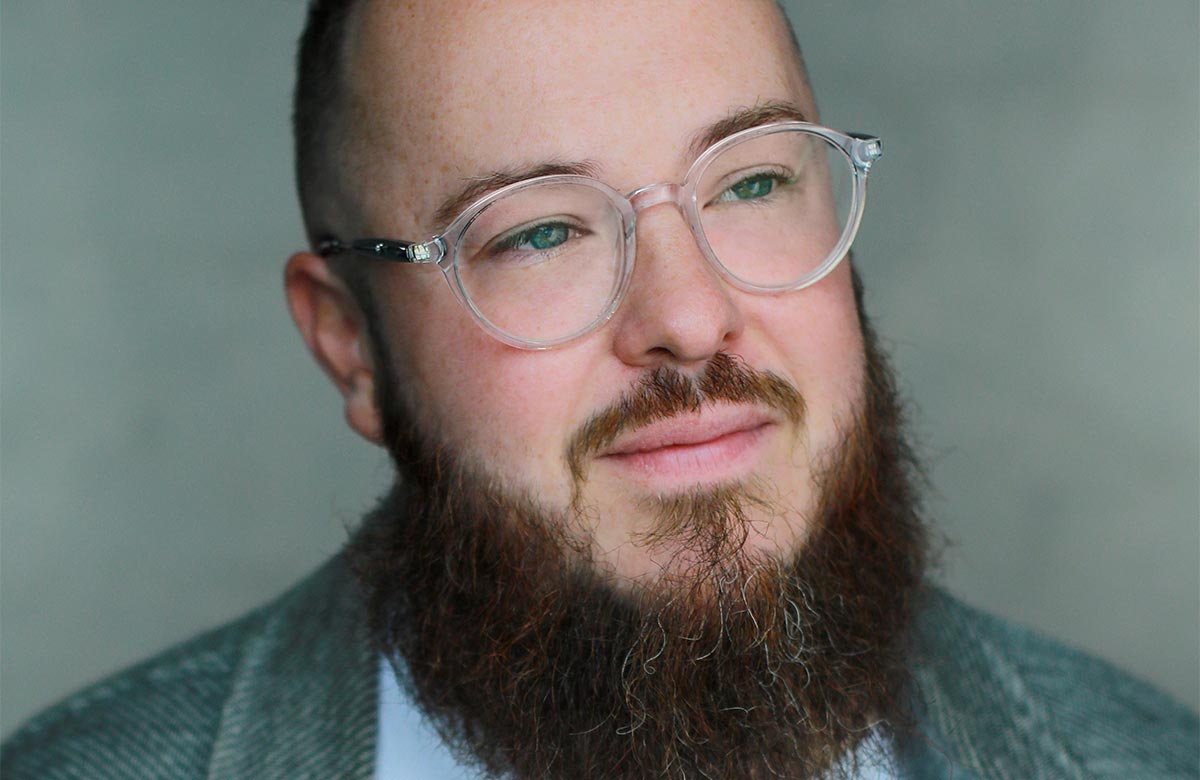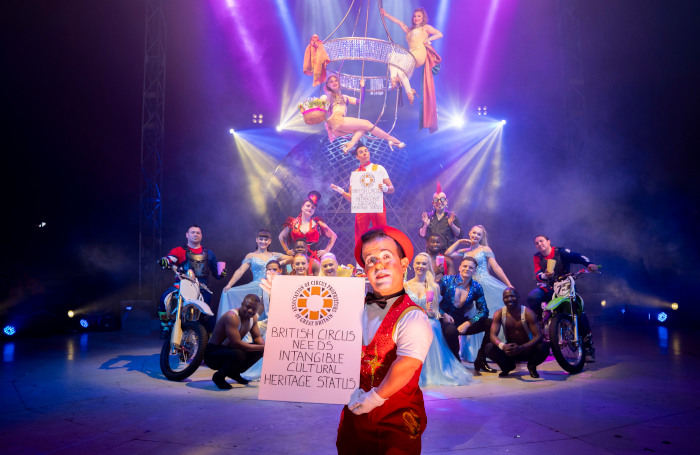In her autobiographical play NoMad, Nell Hardy explores her experiences of homelessness and psychiatric hospitalisation. She tells Giverny Masso why she writes while walking and what the industry can do to be more inclusive of people facing mental health issues
How did you get into theatre?
Straight from school, I went to Cambridge for a year to study English. My father was determined that at least one of his children had to go to Oxbridge. I had an interest in being left alone, so I did what I was told and worked very hard, because it was quite an abusive household and I was perfectly happy to lock myself in a room, study constantly and be out of the picture. But then when I was there, I was surrounded by people rather like those I had worked so hard to get away from. I promised my parents I’d get to the end of first year, then I took a year out, did some waitressing and worked with the youth theatre I was a member of. I got some really valuable experience working with young people and adults with special needs, which is still a big part of the teaching work I do alongside theatre.
Where did you train in acting?
At Royal Central School of Speech and Drama – while I was there, I uncovered some memories of childhood abuse that were profoundly distressing and had a nervous breakdown [which meant I left the course early]. My father wasn’t too keen on the fact I had brought these memories back and he made me homeless. Two years later, as I was finally put into an emergency hostel, I went about auditioning, got myself on Spotlight and set up a young company of 16-25s in association with Jacksons Lane.
What was a pivotal decision in your acting career?
There was a really important moment of decision for me: it was the first year I was trying to get roles, when if you don’t have a proper agent and you haven’t graduated from a drama school, people don’t really pay much attention to you. I was lucky enough to get the title role in Alice in Wonderland with the wonderful Pandemonium Performance Company, which did annual shows in an old cemetery in Stoke Newington. About two weeks before we opened Alice, my agent at the time said he had got me a role in one or two episodes of The Last Kingdom, which was presented to me as my big break. There would be a costume fitting in middle of the run of Alice that they absolutely couldn’t move, so there was an expectation that I would just turned around to the people I was rehearsing with and say: “Sorry, you’ll have to find yourself a new central character.” I thought about whether I wanted to be the kind of artist that gives up on a commitment she genuinely believes in to chase something financially more profitable or one who remembers that nobody’s in this industry for the money and keeps doing the work she wants to do, while getting by however she can. I realised that actually I want to make the art that I want to make, and I stayed with Alice.
How did NoMad come about?
I first had the idea for the show when I was homeless, right in the worst of it. I trace it back to an incident that comes up in the show: the first therapy session that I had with my family. My father had insisted he was not going to do any family therapy but was shamed into it. One of the first things he said in that meeting was that he was afraid of me, then he said: “No, I’m not afraid of you – I’m afraid of madness.” I started to think about the word ‘mad’ and its context. As I saw more healthcare professionals and counsellors, I was constantly being told: “No, you’re not insane – it’s just that terrible things are happening to you.” Those terrible things were having a severe effect on my mental health, and putting me into a category that the politically incorrect world would call “mad”. But actually it was a healthy flight-or-fight response in my brain. As I was going around wondering where the hell I was going to sleep the next night and if my benefits application was going to be refused again, I was promising myself that I was going to make this show eventually, and that got me through it.
What is your writing process?
I do a lot of writing while walking, which is something that surprises a lot of people. I go for very long walks with my phone: there will be a blank document when I set out, but then there will be words on it when I come back. I think it’s largely a PTSD thing from being homeless and having had no control over my front door throughout the time I was in psychiatric care. I need to be out quite a lot and often I feel quite panicky if I’m inside for too long. If people see me out with my phone, they probably think I’m looking for Pokémon or something, but no, I’m writing.
How can theatre be more inclusive of people with mental health issues?
We need to learn from the way pretty much any other job works: if you have a hospital appointment, you have time off. If you get ill one day, you don’t lose your job, you just have a sick day. It would really benefit productions as well as freelancers if there wasn’t shame around people saying “Because I have this condition I need to start at 11am every day instead of 9am” or “I need Wednesday afternoon off for my therapy session”. These simple things should not be too big an ask.
CV Nell Hardy
Training: Acting at Royal Central School of Speech and Drama (2011-13)
First professional role: Tammy in feature film How to Talk to Girls at Parties (2015)
Agent: None
NoMad will be live-streamed from Greenwich Theatre on November 27, supported by Tramshed’s Progression programme
Most Read
Across The Stage this weekYour subscription helps ensure our journalism can continue
Invest in The Stage today with a subscription starting at just £7.99
